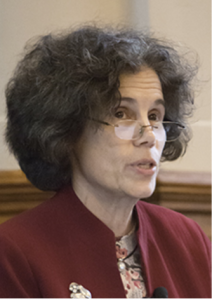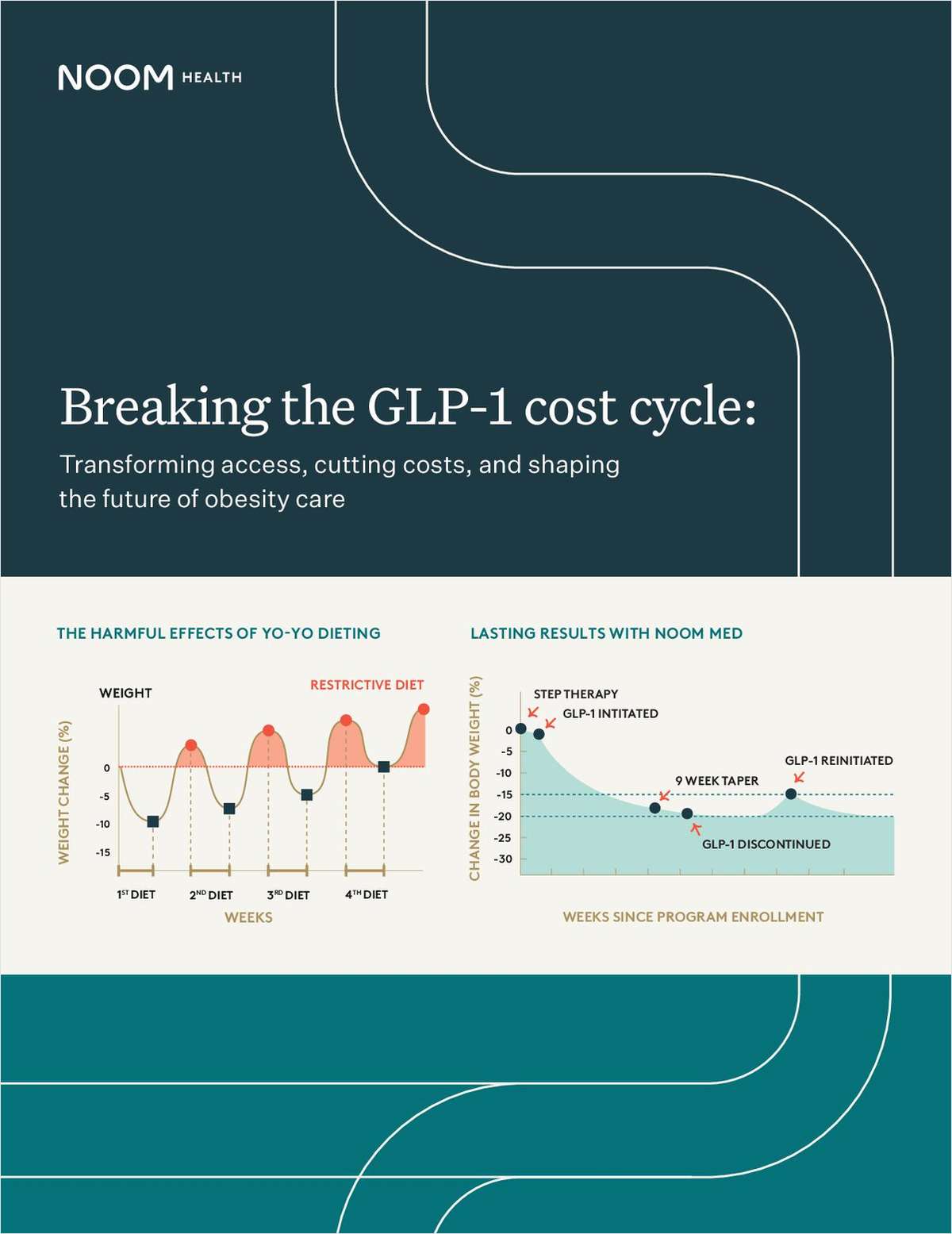Carnegie Fellowship to Support Yale Law Professor's Prison Studies
Judith Resnik is among 31 recipients of the two-year grant researching and writing about pressing contemporary issues.
May 08, 2018 at 11:30 AM
2 minute read
Judith Resnik, founding director of the Arthur Liman Center for Public Interest Law at Yale Law School, has been named a member of the 2018 class of Andrew Carnegie fellows.
Resnik is among 31 recipients of the two-year grant researching and writing about pressing contemporary issues.

Resnik said her fellowship will culminate in a book about prison sentencing. The question of punishment “is not, of course, new,” the author stated in a release, “but what happens after sentencing and in prison has not been much in focus.”
Resnik will trace the transnational history of prison reform and analyze individual cases that helped prisoners gain recognition as rights holders. The project will analyze how obligations of democratic states toward people in and out of prison are forged, and why the debilitation that many prison systems impose is beyond what governments should be able to inflict as punishment for crimes.
“I am thrilled that Judith Resnik's important scholarship has been recognized by the Andrew Carnegie Fellowship,” said Yale Law School Dean Heather Gerken. “I look forward to seeing what brilliant work she will produce in the coming years.”
This project reflects the central concerns of Resnik's study of the impact of democratic norms on government services; the relationships of states to individuals; the forms and norms of federalism; and equality and gender.
Resnik teaches courses on courts, the structures of dispute resolution, federalism, incarceration, equality, prisons and citizenship. In addition to being the founding director of the Liman Center for Public Interest Law, she also chairs Yale Law School's Global Constitutionalism Seminar, a part of the Gruber Program on Global Justice and Women's Rights. She is also the editor of its six e-volumes, including “Reconstituting Constitutional Orders” (2017).
This year, the Liman Center held its 21st Liman Colloquium, titled “Who Pays? Fines, Fees, Bail, and the Cost of Courts.” The center has also worked with the Association of State Correctional Administrators for a series of reports on solitary confinement.
This content has been archived. It is available through our partners, LexisNexis® and Bloomberg Law.
To view this content, please continue to their sites.
Not a Lexis Subscriber?
Subscribe Now
Not a Bloomberg Law Subscriber?
Subscribe Now
NOT FOR REPRINT
© 2025 ALM Global, LLC, All Rights Reserved. Request academic re-use from www.copyright.com. All other uses, submit a request to [email protected]. For more information visit Asset & Logo Licensing.
You Might Like
View All

Federal Judge Approves Harvard's Dismissal of Chip-Patent Suit Against Samsung
2 minute read

Connecticut Movers: New Associates in Stamford and a Head of Business in Vernon
2 minute readTrending Stories
- 1Gunderson Dettmer Opens Atlanta Office With 3 Partners From Morris Manning
- 2Decision of the Day: Court Holds Accident with Post Driver Was 'Bizarre Occurrence,' Dismisses Action Brought Under Labor Law §240
- 3Judge Recommends Disbarment for Attorney Who Plotted to Hack Judge's Email, Phone
- 4Two Wilkinson Stekloff Associates Among Victims of DC Plane Crash
- 5Two More Victims Alleged in New Sean Combs Sex Trafficking Indictment
Who Got The Work
J. Brugh Lower of Gibbons has entered an appearance for industrial equipment supplier Devco Corporation in a pending trademark infringement lawsuit. The suit, accusing the defendant of selling knock-off Graco products, was filed Dec. 18 in New Jersey District Court by Rivkin Radler on behalf of Graco Inc. and Graco Minnesota. The case, assigned to U.S. District Judge Zahid N. Quraishi, is 3:24-cv-11294, Graco Inc. et al v. Devco Corporation.
Who Got The Work
Rebecca Maller-Stein and Kent A. Yalowitz of Arnold & Porter Kaye Scholer have entered their appearances for Hanaco Venture Capital and its executives, Lior Prosor and David Frankel, in a pending securities lawsuit. The action, filed on Dec. 24 in New York Southern District Court by Zell, Aron & Co. on behalf of Goldeneye Advisors, accuses the defendants of negligently and fraudulently managing the plaintiff's $1 million investment. The case, assigned to U.S. District Judge Vernon S. Broderick, is 1:24-cv-09918, Goldeneye Advisors, LLC v. Hanaco Venture Capital, Ltd. et al.
Who Got The Work
Attorneys from A&O Shearman has stepped in as defense counsel for Toronto-Dominion Bank and other defendants in a pending securities class action. The suit, filed Dec. 11 in New York Southern District Court by Bleichmar Fonti & Auld, accuses the defendants of concealing the bank's 'pervasive' deficiencies in regards to its compliance with the Bank Secrecy Act and the quality of its anti-money laundering controls. The case, assigned to U.S. District Judge Arun Subramanian, is 1:24-cv-09445, Gonzalez v. The Toronto-Dominion Bank et al.
Who Got The Work
Crown Castle International, a Pennsylvania company providing shared communications infrastructure, has turned to Luke D. Wolf of Gordon Rees Scully Mansukhani to fend off a pending breach-of-contract lawsuit. The court action, filed Nov. 25 in Michigan Eastern District Court by Hooper Hathaway PC on behalf of The Town Residences LLC, accuses Crown Castle of failing to transfer approximately $30,000 in utility payments from T-Mobile in breach of a roof-top lease and assignment agreement. The case, assigned to U.S. District Judge Susan K. Declercq, is 2:24-cv-13131, The Town Residences LLC v. T-Mobile US, Inc. et al.
Who Got The Work
Wilfred P. Coronato and Daniel M. Schwartz of McCarter & English have stepped in as defense counsel to Electrolux Home Products Inc. in a pending product liability lawsuit. The court action, filed Nov. 26 in New York Eastern District Court by Poulos Lopiccolo PC and Nagel Rice LLP on behalf of David Stern, alleges that the defendant's refrigerators’ drawers and shelving repeatedly break and fall apart within months after purchase. The case, assigned to U.S. District Judge Joan M. Azrack, is 2:24-cv-08204, Stern v. Electrolux Home Products, Inc.
Featured Firms
Law Offices of Gary Martin Hays & Associates, P.C.
(470) 294-1674
Law Offices of Mark E. Salomone
(857) 444-6468
Smith & Hassler
(713) 739-1250










